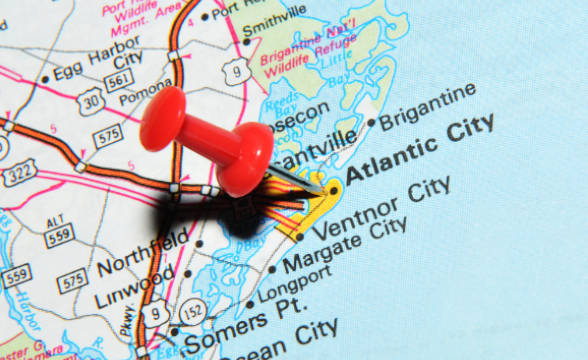As announced at the beginning of February, a ruling over the payments-in-lieu-of-taxes (PILOT) bill for Atlantic City was expected to pop up in the upcoming weeks. After New Jersey declined to be a part of a mediation that could have resolved the dispute with Atlantic County, the heated topic was expected to come to an end on April 1 after a hearing in court. The original term of the hearing has been postponed to April 25.
The Topic of the PILOT Dispute
After the bill that was aimed at changing the way casinos pay their property taxes was approved by lawmakers in the state and sealed by Governor Phil Murphy’s signature at the end of 2021, Atlantic County decided to ensue a court fight to oppose it.
A New Jersey Superior Court ruled in favor of the county in February. The judge’s decision determined that the state law related to the payments-in-lieu-of-taxes owed by the nine casinos in Atlantic City actually violated a settlement from 2018. The respective settlement was created between the state, the county, and the nine casinos.
The main topic of the dispute is whether revenue generated by mobile sports apps and online gaming platforms should be included in the gross gaming revenue number that will establish the exact amount that the county would owe. The county will collect 13% of the total figure.
The nine Atlantic City casinos won over lawmakers who determined that since the casinos would only keep a small share of the revenue compared to the operators responsible for running the apps and sites, state regulators from the Division of Gaming Enforcement incorrectly added the respective numbers when calculating the PILOT.
State Attorneys VS County Lawyers
On the one hand, state attorneys consider gross gaming revenue should be determined at the level established by the Division for Gaming Enforcement for the purpose of calculating the yearly PILOT. On the other hand, county lawyers consider a deeper understanding of revenue generated by mobile betting apps and online casinos should be taken into account when calculating the figure that will be setting the level of the PILOT.
During a Senate Budget and Appropriations Committee hearing held in December, Senate President Stephen Sweeney stated that as many as four casinos in Atlantic City might be forced to shut down their operations without a proper adjustment. In opposition, ex-city mayor Don Guardian argued that the casinos themselves established the tax model back in 2016.
According to the respective model, whenever a casino would go through a rough patch, the tax bill was supposed to go down. However, the addition of fresh gambling dollar sources triggered casino revenues to rise to new highs never seen before. Accordingly, this led to casinos owing even more money to the state, county, and city authorities.
The new definition of the revenue is expected to cost the county anywhere between $3 to $5 million a year.



